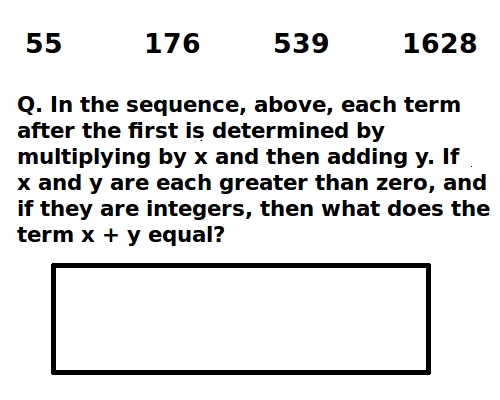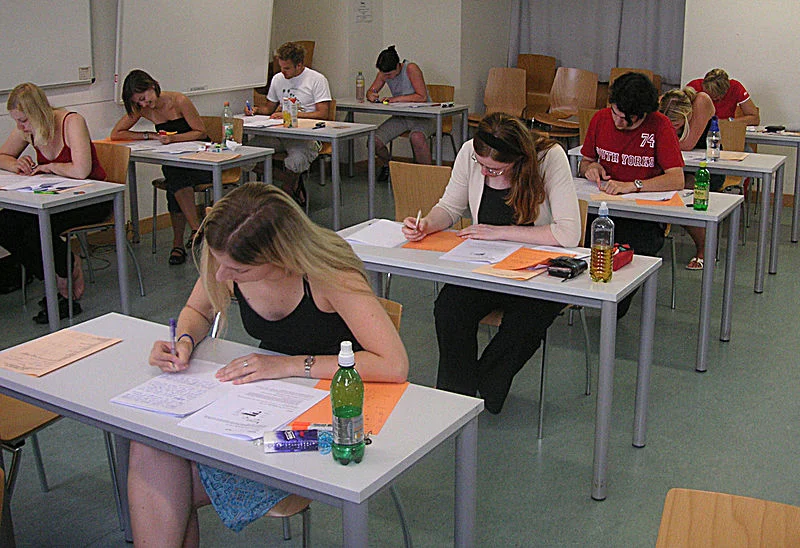At last the new redesigned SAT was formerly announced on 5 March 2014 ending months of speculation about its content.
The new test content will be first administered in the fall 2015 PSAT, with the SAT launch in ‘spring 2016.’
The New SAT will eliminate the quarter point guessing penalty, obviate ‘obscure vocabulary’ from its reading sections—stressing discovery of meaning through context, and require students to support their answers to reading questions from evidence supplied in the passage.
On the mathematics front, the New SAT will focus on problem solving and data analysis (ratios, percentages, and proportions), linear equations and systems, and something that sounds a bit daunting, “Passport to Advanced Math” which deals with ‘manipulation of complex equations’. In essence the New SAT will be narrowing its math focus to the three aforementioned areas











